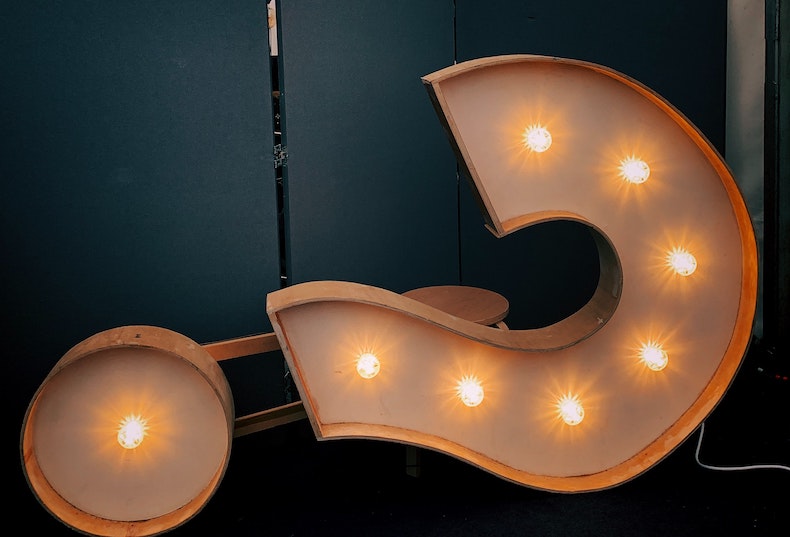
27 May Your Escrow Questions Answered
The escrow process is an involved one! There is a tremendous amount of paperwork, specific terms, deadlines, and more that can feel overwhelming for even the most seasoned real estate buyer or seller. Thankfully, your escrow officer will be with you along the way to help clarify anything that comes up, but today we wanted to take the opportunity to review the five escrow questions we get asked the most.
1. I’m In Escrow; What Does That Mean?
Escrow encompasses the timeline of purchasing a home from inception to execution, and you will likely work with an escrow officer, attorney, or title company during this process. Escrow begins once you place an offer on a home, the seller accepts your offer, and you put down a cash deposit (also called earnest money). The deposit/earnest money is held in an escrow account and will not be available to the seller until all contingencies have been satisfied and the sale finalized. Escrow continues until you close on the property, typically at least 30 days after escrow is opened.
2. What Is the Escrow Account?
You can think of your escrow account as a savings account that only your loan provider has access to. Some homeowners also choose to set up long-term escrow accounts at closing where they can hold funds to pay for monthly expenses like mortgage insurance, property taxes, and in some cases, homeowners insurance. This can significantly reduce your stress after closing because your loan servicer can pay these large bills with monies from your escrow account when they are due.
3. Do I Set-Up Escrow, or Does Someone Else?
When you’re ready to open escrow on a property, the process is handled by a title agent, attorney, or escrow company that is paid for the service. Buyers and sellers are not involved in establishing escrow when it opens or closes.
4. At Closing, How Much Money Will Be In my Escrow Account?
Your lender determines the answer to this question. Typically as part of the closing costs, lenders require buyers to set aside two months of estimated property taxes, mortgage insurance payments, and homeowners insurance payments if required. You’re free to speak with your lender about this question if you want a more exact answer of how much money will be required in your escrow account at closing. Some lenders do require buyers to pay the entire first year of homeowners insurance upfront, and then escrow payments would kick in the following year.
5. There’s a Mistake On My Escrow Account! What Should I Do?
Keeping a close eye on your escrow account is a good idea because you will be held liable for any on-time payments. Your loan servicer is responsible for handling property tax and insurance payments, but like any other paperwork-heavy transaction, it’s common for mistakes to be made. One of the best things you can do is review your escrow account to catch any mistakes early! Here’s a shortlist of items to review:
- Tax Rates: During closing, ensure the correct tax rate is being used to calculate your property taxes. Check for any math errors.
- Property Taxes: You can learn more about how property taxes work in your area by visiting your local government’s website for the assessor’s office information and rates.
- Due Dates: Your tax and insurance bill due dates are your responsibility, even if you aren’t paying them directly. You can always call to confirm whether or not they have been made on time.
- Check Your Escrow Balance: You can check your escrow account balance by reviewing your mortgage statement. Look at how much of your current mortgage payment is being deposited into it, and make sure your balance will cover any bills.
These are the questions that we get asked the most often about escrow, but we know you may have more! Please reach out to our team of escrow experts for assistance. It would be our pleasure to assist you.
